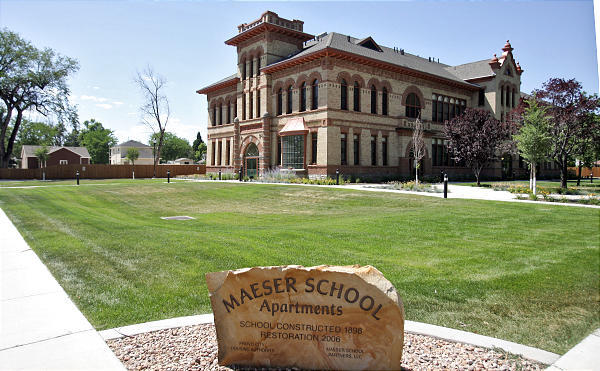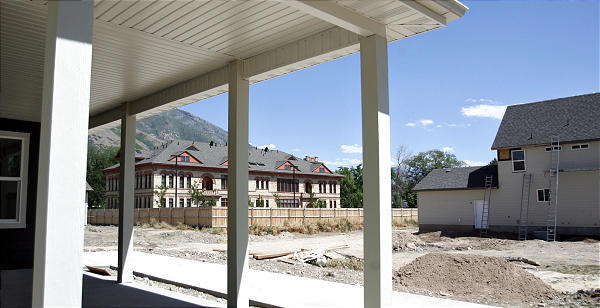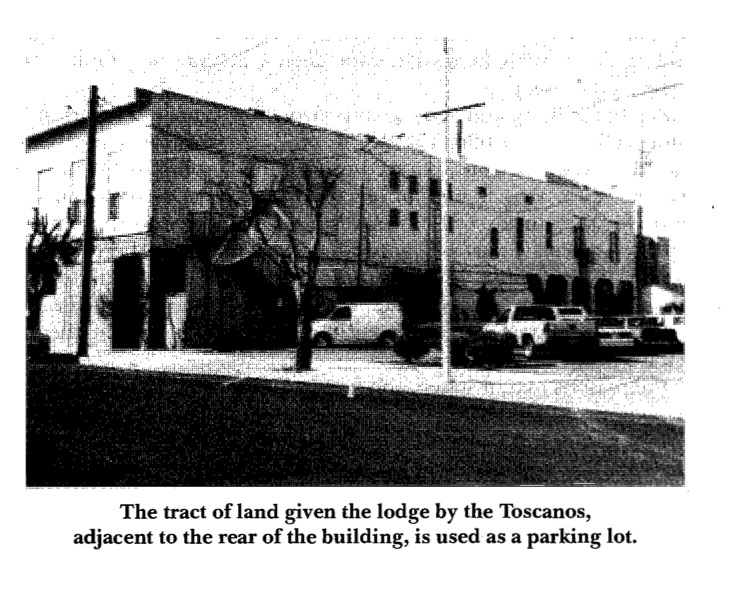During oral arguments in Voisine v. United States, Justice Thomas asked his first question from the bench in a decade. Far more significant than the fact that CT asked a question was what he asked about. Voisine considered a fairly run-of-the-mill issue of statutory interpretation: “Whether a misdemeanor crime with the mens rea of recklessness qualifies as a ‘misdemeanor crime of domestic violence’ as defined by 18 U.S.C. §§ 921(a)(33)(A) and 922(g)(9).” Although the petitioners requested a review of the constitutionality of the statute under the Second Amendment, the Court–without noted dissent–limited the question presented to the statutory issue.
Despite the fact that the Court limited the question presented, Justice Thomas broke his decade-long-silence to ask the (stunned) Assistant to the S.G. about whether constitutional rights may be suspended based on a conviction for a domestic-violence misdemeanor. Thomas asked “Can you think of another constitutional right that can be suspended based upon a misdemeanor violation of a State law?”Thomas pushed back and noted that in neither of the cases before the Court did the petitioners use a weapon in their act of domestic violence. “The suspension is not directly related to the use of the weapon . . . . It’s just a family member’s involved in a misdemeanor violation; therefore, a constitutional right is suspended.”
Analogizing to the First Amendment, he pressed whether the ASG could think of “a suspension of a First Amendment right that is permanent?” If a publisher published indecent pictures of children, could the “publisher’s right to ever publish again” be suspended? The ASG answered no, of course. So Thomas shot back, “how is that different from suspending your Second Amendment right.”
This line of questioning continues a theme that Thomas explored last year in his dissent from denial of certiorari in the Highland Park “Assault weapons” case. In that dissent, which I wrote about for National Review, Thomas explained “I would grant certiorari to prevent the Seventh Circuit from relegating the Second Amendment to a second-class right.” Thomas’s questions from the bench are meant to illicit the subjugation of the Second Amendment. I noted this rank double standard in The Constitutionality of Social Cost, which is as true today as when I published it (way back) in 2011.
To understand the future of the Second Amendment, one must ask, “Why is this right different from all other rights?” In District of Columbia v. Heller and McDonald v. City of Chicago, the majority and dissenting opinions differed wildly over the historical pedigree of the individual right to keep and bear arms, but they agreed that the governmental interest in reducing the risk of danger from firearms should play some role in the constitutional calculus, and that the Second Amendment should be treated differently from other constitutional rights.
Indeed, the framework I explored–which measures the propensity for social costs–sounds in Thomas’s analysis:
Second Amendment challenges should be bifurcated based on the social costs involved and the actor’s propensity for violence. For the deprivation of the liberty of persons lacking a propensity for violence, the burden of persuasion should remain with the state, and stricter judicial scrutiny is warranted. For those who have demonstrated a propensity for violence and who are likely to inflict harm in the future, such as violent felons, the burden should rest with the individual, and less exacting judicial scrutiny is appropriate. Under such an approach, which fits snugly inside Heller’s rubric, the Second Amendment can develop and assume its equal station among our most cherished constitutional rights.
The question of whether a violent misdemeanant can be perpetually denied a constitutional right is not an open-and-shut issue. Justice Thomas’s questions bring this issue to the forefront, and will force the lower courts and DOJ attorneys to being briefing this question. Now that Justice Scalia’s presence will no longer be felt, Justice Thomas is speaking truth to power. Indeed, for all of the unfair criticisms for Justice Thomas for his idiosyncratic views, he has an uncanny ability to shift the dialogue on issues through his solo dissents, and now, piercing questions. His questions demand answers.
Finally, in a nod to the fact that Heller is hardly settled law where four, and maybe soon five Justices would overturn it, Thomas said the right to keep and bear arms is “at least as of now, is still a constitutional right.”
The entire exchange is after the jump.
(more…)








